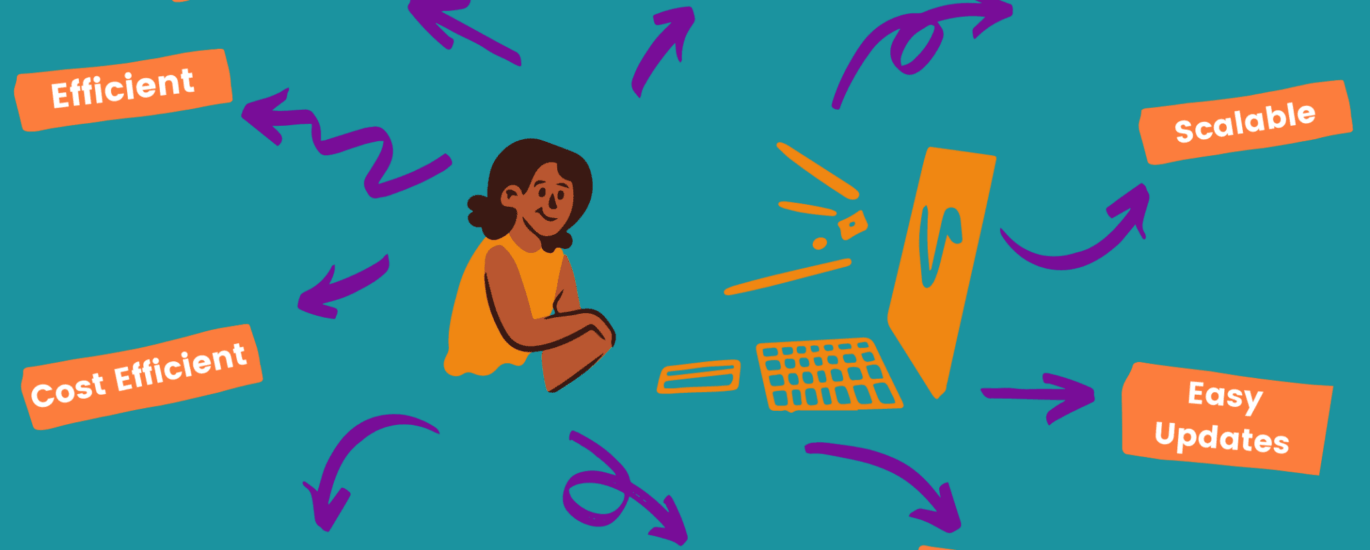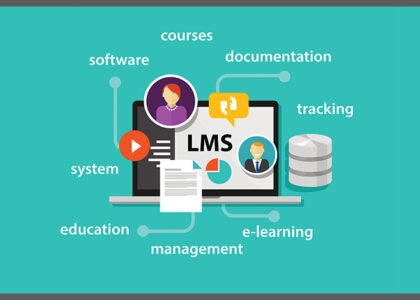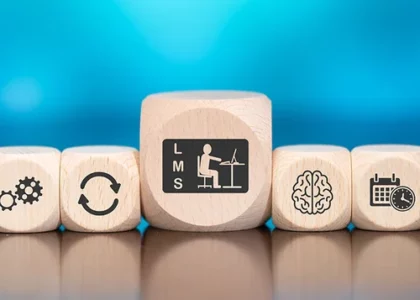Payil is the best learning management system in Chennai, India. Payil provide excellent service for your business organization.

Using a Learning Management System (LMS) platform for your educational institution can offer numerous benefits. Payil offers LMS platform at best price in Chennai, India.
Here are some advantages of adopting an LMS:
- Centralized Learning Environment: An LMS provides a centralized platform where students, teachers, and administrators can access and manage all educational resources, course materials, assignments, and assessments. It eliminates the need for multiple tools and systems, making the learning process more efficient.
- Flexibility and Accessibility: LMS platforms enable anytime, anywhere learning. Students can access course materials, submit assignments, participate in discussions, and take assessments remotely, providing flexibility for learners who may have other commitments or prefer self-paced learning. It also allows educators to reach a wider audience, including remote or international students.
- Enhanced Communication and Collaboration: LMS platforms facilitate seamless communication and collaboration among students, teachers, and administrators. They offer features such as discussion forums, chat, email, and announcements, enabling real-time interaction and fostering engagement and active learning. Students can also collaborate on group projects and share resources easily.
- Personalized Learning Experience: LMS platforms often provide features for personalized learning. Teachers can create individualized learning paths, assign targeted resources, and track each student’s progress and performance. Adaptive learning technologies can also be integrated to provide customized content and assessments based on student needs and learning styles.
- Efficient Content Management: An LMS streamlines content creation, organization, and delivery. Teachers can easily upload and update course materials, multimedia resources, and assessments in a structured manner. This ensures consistency and accessibility of content across courses and allows for quick content modifications or updates as needed.
- Assessment and Feedback Tools: LMS platforms offer various assessment tools, such as quizzes, assignments, and online exams. These tools automate grading, provide immediate feedback to students, and generate comprehensive performance reports. Teachers can track student progress, identify areas for improvement, and provide timely feedback to enhance learning outcomes.
- Analytics and Reporting: LMS platforms provide robust analytics and reporting features. Educators can access data on student engagement, performance, and participation. These insights enable evidence-based decision-making, help identify at-risk students, and support interventions to improve learning outcomes.
- Integration and Scalability: LMS platforms can integrate with other educational technologies, systems, or third-party applications, such as video conferencing tools or plagiarism checkers, to enhance the learning experience. Additionally, LMS platforms are scalable and can accommodate growing user bases, making them suitable for educational institutions of all sizes.
- Time and Cost Savings: By digitizing various aspects of the learning process, an LMS reduces administrative tasks, paperwork, and manual grading. This frees up time for educators to focus on instructional activities and student support. Moreover, the use of digital resources and online assessments can lead to cost savings on printing, distribution, and physical infrastructure.
- Data Security and Privacy: LMS platforms prioritize data security and privacy. They provide secure access controls, data encryption, and backups to protect sensitive student information. Compliance with data protection regulations, such as the General Data Protection Regulation (GDPR), ensures that student data is handled responsibly.





